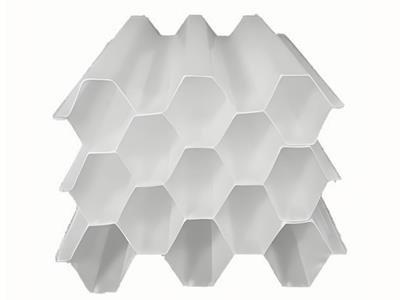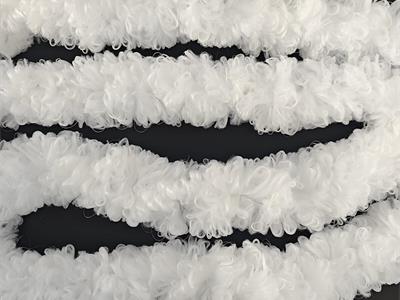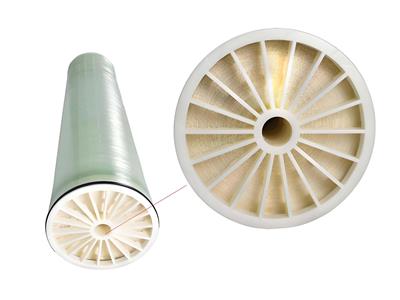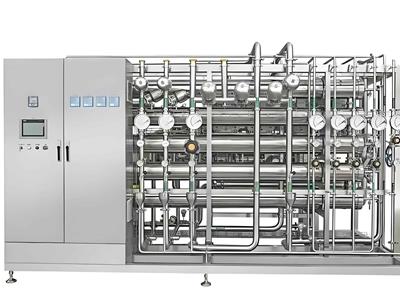- 2025-07-07
Anode
The anode is the core electrode in the electrolysis process, and its mechanism of action involves: metal undergoing oxidation reactions on the anode surface, dissolving into the solution in the form of cations, while releasing an equal number of electrons that migrate to the opposite cathode. This electrode typically maintains a positive voltage, facilitating the oxidation of anions to cause corrosion of the electrode metal. Due to the strong positive charge on the anode plates, anions in the solution are attracted electrostatically and accumulate around the anode, thereby accelerating the oxidation reaction. The final product of the reaction depends on the type of ion, which may produce non-metallic elements or gases (such as oxygen, chlorine, iodine vapor, and bromine vapor).
Zinc anode: Often used in seawater and brackish water scenarios
Anode materials must be selected based on the water environment, with common metals including magnesium, aluminum, and zinc.
Aluminum anode: Due to its excellent performance in seawater, brackish water, and fresh water, it is recognized as the anode material with the best overall performance






